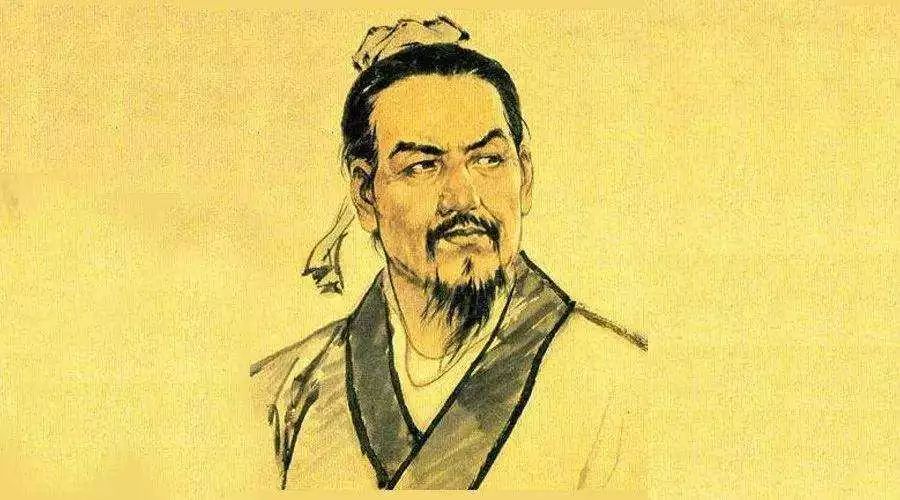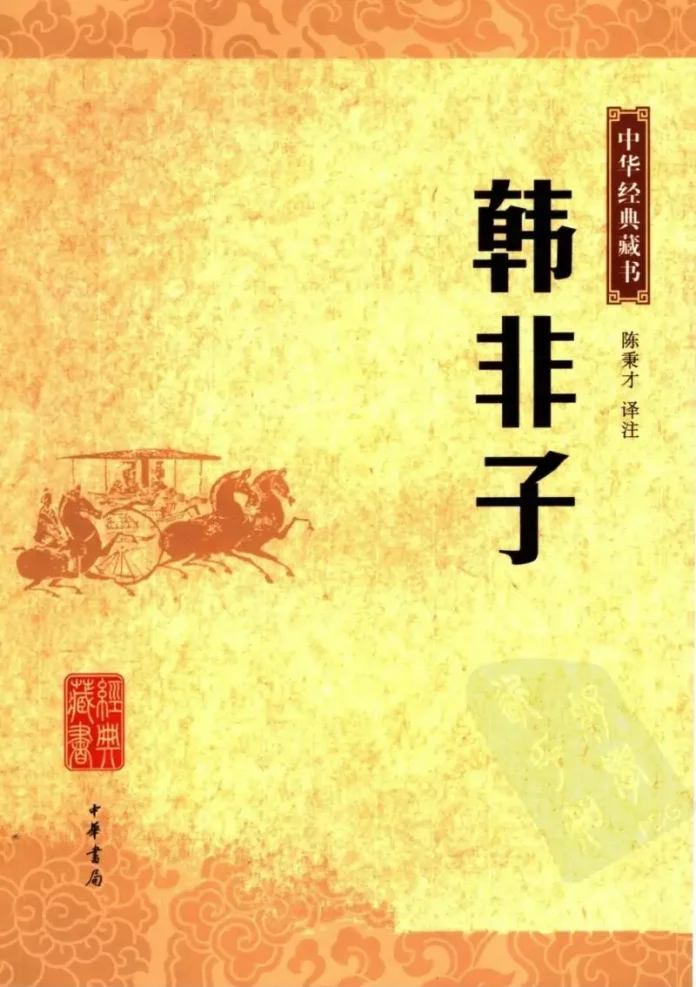The master of Legalist theory
Overview
Chinese Name: 韩非子
English Name: Han Feizi
Author: Han Fei and later generations
Originally Published: Warring States Period战国时期
Genre: Philosophy
Brief Introduction of Han Feizi
Han Feizi is a representative work of Legalists, with a total of 20 volumes.The book is a collection of 55 independent essays, most of which are written by Han Fei.
The core of Han Feizi’s theory is the thought of combining law, art and potential based on autocratic monarchy. He adheres to the historical view of evolution, advocates extreme utilitarianism, believes that people are mainly interested and supplemented by benevolence and education, and emphasizes the rule of law and the use of people, which has had a great impact on the establishment of China’s feudal social system after the Qin and Han Dynasties. The book has a unique style among the pre-Qin scholars. It has sharp ideas, sharp characters, strict logic and good use of fables. After finishing, it is compiled into various fables.

Main points in Han Feizi:
Historical progress theory
Han Fei paid attention to the study of history and believed that history is developing and progressing, and policies should be formulated according to today’s reality.
His view of history provided a theoretical basis for the reform of the rulers at that time.
For the people, he absorbed the theory of his teacher Xunzi and believed that the people’s nature is “hate labor and enjoy pleasure”. Only by using the law to restrain the people and punishing the people, can bad habits be prohibited in the bud. Therefore, he believes that the application of criminal law is just a manifestation of loving the people.
But Han Fei advocated reducing the people’s corvee and taxes. He believes that serious corvee and taxes will only make officials strong, which is not conducive to the rule of kings.

Autocratic monarchy and centralization
Han Fei inherited and summarized the thought and practice of Legalists in the Warring States period, and put forward the theory of autocratic monarchy and centralization.
For the monarch, he advocated that “things are in all directions and the focus is in the center事在四方,要在中央”; the great power of the state should be concentrated in the hands of the monarch. The monarch must have power and power in order to govern the world.
Therefore, the monarch should use various means to eliminate the hereditary slave owners and nobles, and select a group of feudal officials trained by practice to replace them.
Author of Han Feizi
The authors of the book Han Feizi wear Han Fei and later generations.Most of them were written by Han Feizi.
Han Feizi (about 280 B.C. – 233 B.C.), also known as Han Fei韩非 or Han Zi韩子, was born in Xinzheng (now Henan) at the end of the Warring States period. Ancient Chinese thinkers, philosophers and essayists, representatives of Legalism.

Han Fei was a materialistic philosopher at the end of the Warring States period and a master of legalist thought. Han Fei once went to Xunzi’s school to “learn the art of kings”, and his classmates were Li Si李斯 and others.
Han Fei left many important works in his life. In these articles, Han Fei focused on the rule of law theory of the combination of law, art and potential, reached the peak of the legalist theory in the pre-Qin period, provided a theoretical weapon for the unification of the six countries in the Qin Dynasty, and also provided a theoretical basis for the monarchical autocratic system in the later feudal society.
Han Fei was finally framed by Li Si and died in prison.
Excerpts of Han Feizi
邻国有圣人,敌国之忧。
Saints govern in neighboring countries, which is a matter of great concern to hostile countries.
凡说之难,在知所说之心,可以吾说当之。
The most difficult part of lobbying others is to understand whether the minds of the people being lobbied are consistent with the contents of our lobbying.
能见百步之外,而不能自见其睫。
Humans can see things a hundred steps away, but they can’t see their eyelashes.
见微以知著,见端以知末。
Wise people see small signs, they can know the development direction of things, and see the beginning of things, they can know the result of things.









